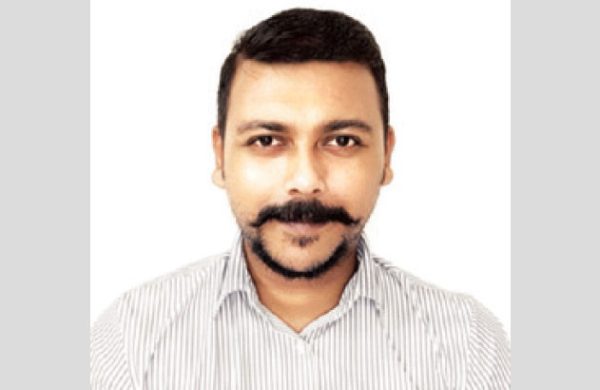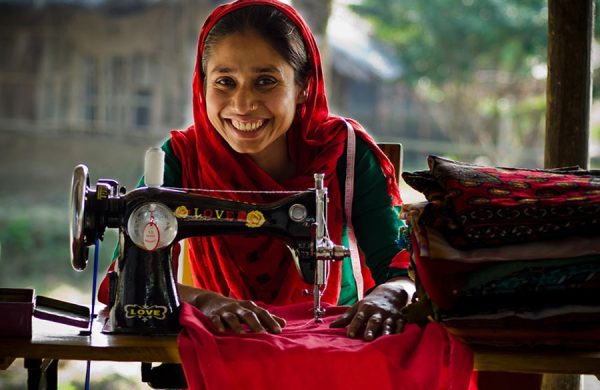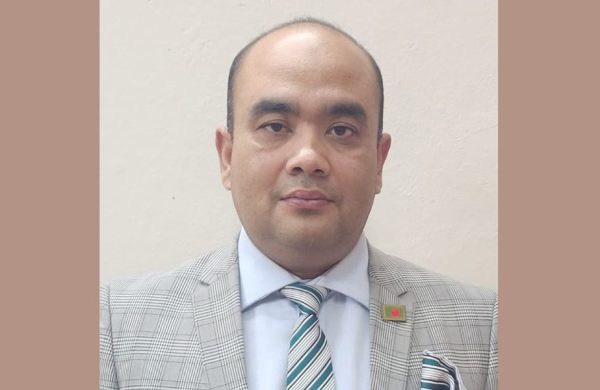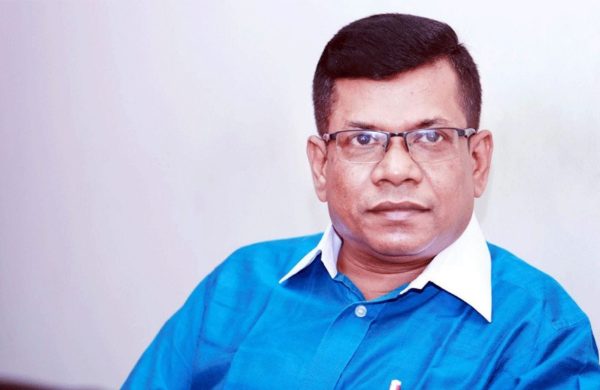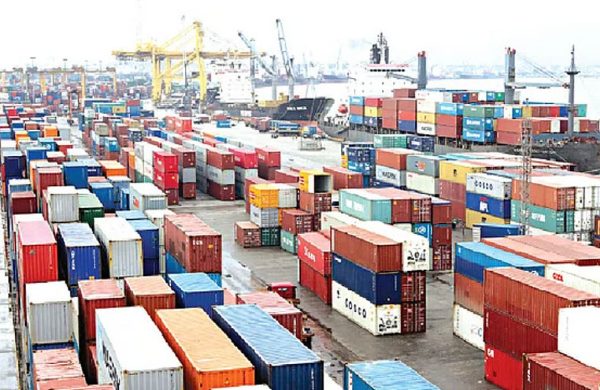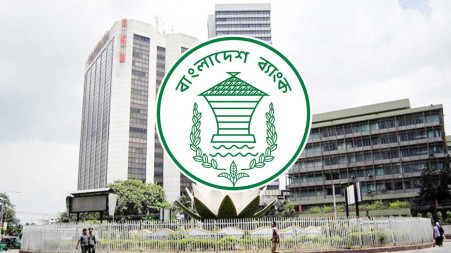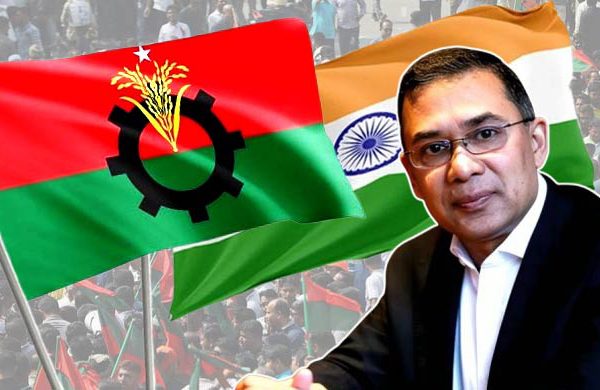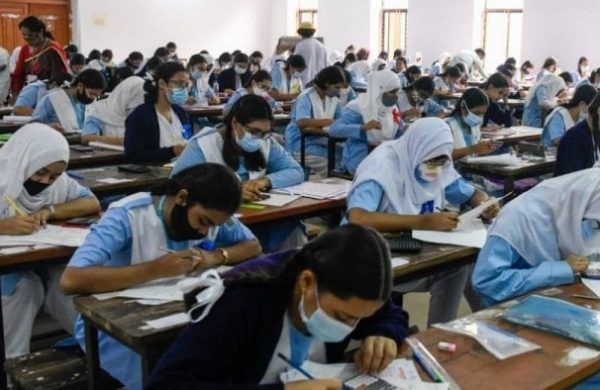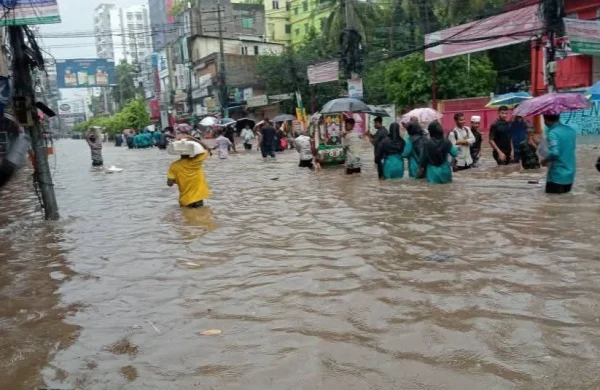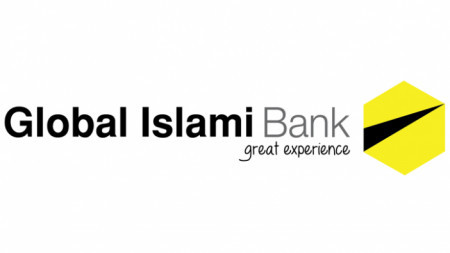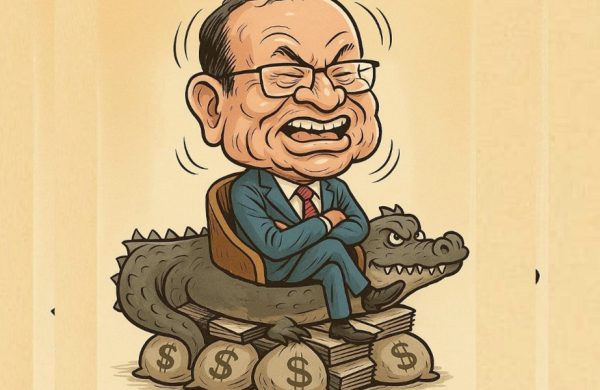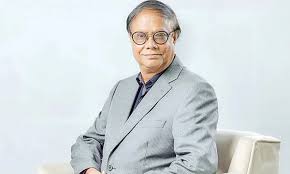How should states combat misinformation?
- Update Time : Tuesday, October 22, 2024

–Zulker Naeen–
The state’s role in tackling misinformation in the constantly-changing information landscape has long been a topic of discussion. Instead of initiating the role of fact-checking, how can the state respond to misinformation and disinformation through a whole-of-state approach?
For this reason, determining a state’s strategy for dealing with the transnational misinformation that crosses national boundaries and poses a risk to social cohesion, national security, and stability is therefore crucial. It necessitates a precise definition of state responses, as there is a lack of understanding regarding the roles and responsibilities of state actors.
Many democratic countries have started or are now planning to initiate state agency-led fact-checking institutions. Will these state- and agency-backed efforts effectively tackle the floodgate of misinformation? Ultimately, such an initiative is meant to mitigate the harm that such content can cause to democratic engagement and to reinforce information spaces.
While independent fact-checking organizations play a pivotal role in countering false narratives, the state’s involvement must strike a delicate balance between fostering an ecosystem that promotes transparency and accountability — avoiding undue control that could undermine the integrity of these initiatives.
Where else can state actors take the lead in the current fact-checking ecosystem, rather than restricting freedom of expression or giving priority to state-led fact-checking operations? The state’s responsibility extends beyond mere fact-checking; instead, it involves shaping a society capable of discerning truth from falsehood.
To navigate the complex landscape of information and fact-checking initiatives, state apparatus and state agencies have distinct roles and responsibilities when it comes to coordinating and engaging with a wide range of actors and ensuring a long-lasting fact-checking ecosystem to combat misinformation.
In tackling misinformation, state actors should view themselves as facilitators of a broader ideological framework that promotes critical thinking and media literacy by engaging educational institutions, media outlets, and community organizations to foster a more informed and resilient public.
As a result, a new governance model is needed by which states, together with independent fact-checking organizations, traditional media organizations, social media, academics, and civil society organizations, jointly help redesign the shape of information ecosystems. Some governments have moved in that direction and flagged the threat’s scale and the need for an internationally coordinated and whole-of-society approach.
Lithuania’s constructive relationships with independent fact-checkers, Finland’s engagement with civil society to support media literacy efforts, and the European Union’s efforts to develop a co-regulatory instrument via its Code of Practice on Disinformation are a few of the many, and increasing, examples of such a necessarily collaborative approach.
By bringing together ministries such as information and broadcasting, primary and mass education, religious and cultural affairs, disaster management, local government and rural development, and public safety, the state can develop cohesive strategies that integrate efforts across sectors. Moreover, this cross-ministerial collaboration and the state’s coordinated approach can leverage the strengths of different sectors to create a robust defense against misinformation.
While the state must engage in these efforts, it is equally important to safeguard the autonomy of non-partisan fact-checking organizations. Over-regulation or direct control of these bodies could undermine their independence, leading to public distrust and reducing their effectiveness in debunking falsehoods.
Therefore, safeguarding a sustainable fact-checking ecosystem requires collaboration among state and private organizations, local communities, and international partners.
Measures to address misinformation and disinformation must be pursued in the context of promoting a whole-of-state approach, preserving the role of independent and non-partisan fact-checking organizations and fact-based journalism, and securing the space for civil society organizations and non-traditional, local, or community media to grow and help enable information ecosystems to thrive, free from undue government interference.
States may also seek to build transparent and constructive relationships with online platforms to monitor, flag, and respond to misinformation and disinformation. During the crisis and period of election, the state agencies can coordinate with social networks to facilitate rapid reactions to potential threats and establish a unit to detect automated bots and synchronized inauthentic behaviour.
Civic education can also be carried out by incorporating media literacy into existing school and university curricula, as well as providing training for teachers to deliver the content. The focus on increasing media, information, and digital literacy among the populace so that they can develop into ideal digital citizens is a worthy goal of state-led initiatives.
By incorporating media and information literacies into school curricula, through ministries like primary and mass education and information and broadcasting, future generations can be equipped with the skills to critically evaluate information, detect biases, and identify credible sources.
These efforts aim to build the capacity of individuals to recognize and dismiss false and misleading information, which can be campaign-based or achieved through civic education.
At present, there is a need to explore how state, fact-checking organizations, the media, and civil society organizations can cooperate more effectively to build strong and meaningful relationships, as well as the mechanisms necessary to help ensure media and civil society organizations remain sufficiently independent to hold governments to account.
Thus, the state’s ultimate goal must be to create a sustainable and transparent ecosystem where fact-checking thrives, media literacy is prioritized, and misinformation is systematically dismantled.
By embracing a whole-of-state approach, collaborating with media, civil society organizations, fact-checkers, and social media platforms, and protecting the autonomy of fact-checking organizations, the state can build a strong defense in the fight against misinformation.
(Zulker Naeen, Research Coordinator at the Centre for Critical and Qualitative Studies (CQS), has recently been appointed to formalize a regional strategy paper for the South Asia Regional Fact-Checking Alliance (SARFA). This article is the first in a series of exclusive articles on the South Asian Regional Strategy Paper, which focuses on regional collaboration in the fight against misinformation and highlights key aspects of a whole-of-government approach to this critical issue.)


